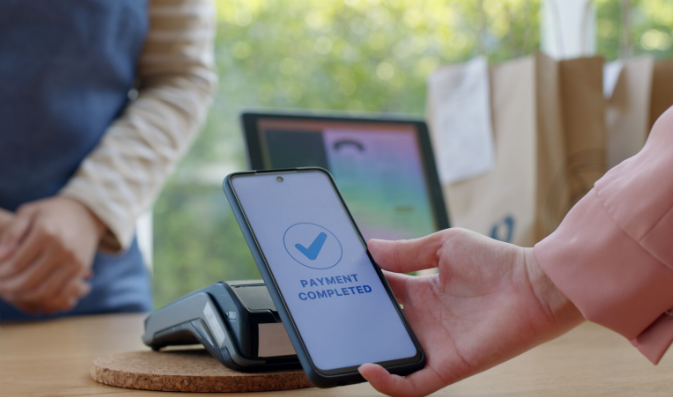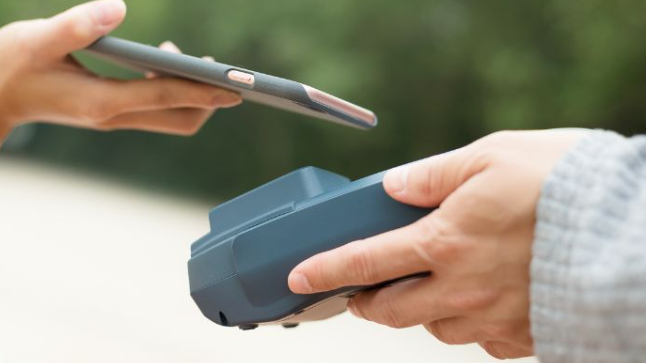
Understanding the Advantages of Mobile POS Systems
Mobile POS systems offer a multitude of advantages, including:
Enhanced Customer Experience
Reduce checkout wait times, provide table-side ordering and payment options, and personalize customer interactions, leading to increased satisfaction and loyalty.
Operational Efficiency
Streamline checkout processes, eliminate the need for multiple checkout counters, and empower employees to move freely throughout the store, enhancing efficiency and productivity.
Flexible Sales Opportunities
Expand sales opportunities beyond traditional brick-and-mortar locations, facilitating transactions at pop-up shops, outdoor events, and even home deliveries.
Reduced Costs
Minimize hardware and infrastructure costs, eliminate the need for dedicated checkout areas, and reduce paperwork and manual data entry.
Real-time Data Insights
Gain real-time access to sales data, inventory levels, and customer information, enabling data-driven decision-making and improved inventory management.
Applications of Mobile POS Systems
Retail Stores
Streamline checkout processes, provide personalized service, and manage inventory levels in real-time.
Restaurants
Facilitate table-side ordering and payment, manage reservations, and track customer preferences.
Events and Festivals
Manage ticket sales, food and beverage orders, and merchandise transactions at outdoor events.
Delivery Services
Take orders, process payments, and track deliveries for home delivery services.
Field Sales
Process sales and collect payments from customers in the field, eliminating the need for returning to the office.
Considerations for Implementing Mobile POS Systems
To ensure the successful implementation of mobile systems, consider these factors:
Business Needs and Requirements
Carefully assess your specific business needs and requirements, considering factors such as industry, store layout, and transaction volume.
Hardware and Software Compatibility
Choose hardware and software that are compatible with your existing systems and infrastructure.
Security and Data Protection
Implement robust security measures to safeguard sensitive customer and financial data.
Employee Training
Provide comprehensive training to employees on mobile usage, security protocols, and customer service practices.
Integration with Existing Systems
Ensure seamless integration with existing inventory management, customer relationship management, and accounting systems.
Conclusion
Mobile POS systems have revolutionized the way businesses conduct transactions, offering a multitude of benefits in terms of flexibility, convenience, and enhanced customer experiences. By carefully evaluating their needs, choosing compatible hardware and software, prioritizing security, training employees, and integrating with existing systems, businesses can harness the power of mobile POS systems to streamline operations, expand sales opportunities, and cultivate a thriving business. As technology continues to evolve, mobile POS systems will play an increasingly crucial role in shaping the future of retail and customer engagement.
